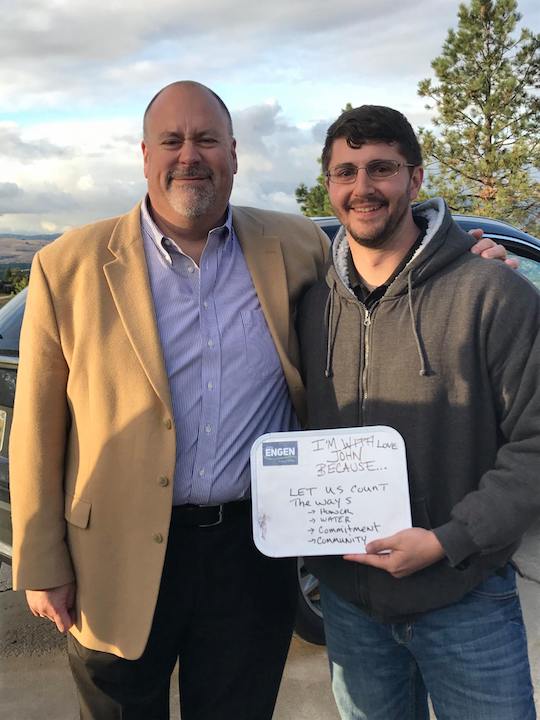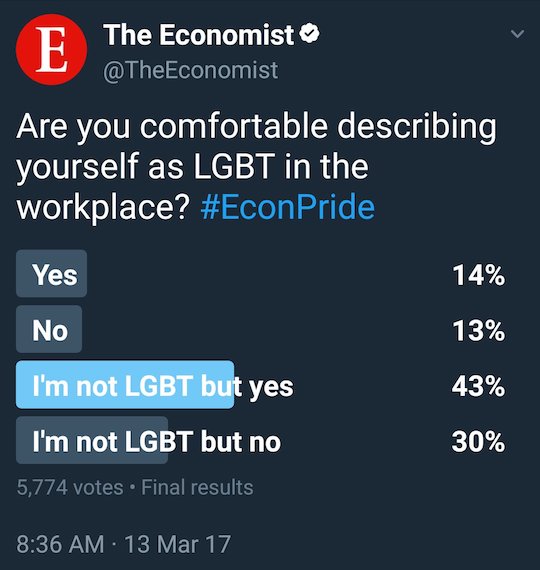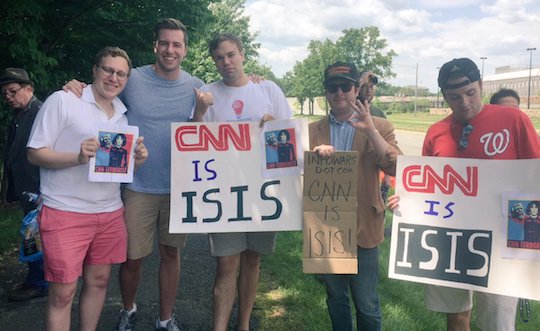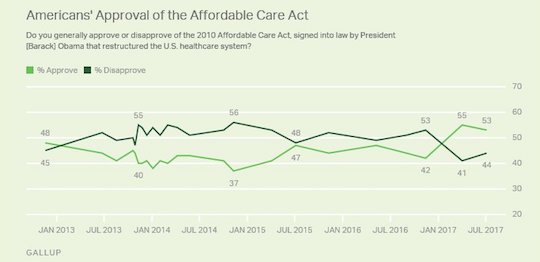One fun thing about Missoula politics is that there are no polls. For all we know, Mayor John Engen won’t win a fourth term in next month’s election. Anyone who wants to bet that he won’t should contact me via email. In 2013, the last time he ran for re-election, he faced three opponents and got about 65% of the vote. This time it’s just Lisa Triepke, who was the subject of two Missoulian stories last week about the two houses, motorhome and used car she bought while she was also getting food stamps. Later in the week, the state found that she had committed at least 23 campaign finance reporting violations.
The Missoulian endorsed her opponent. One thing they did not mention is that he used to work there. Mayor Engen has enjoyed friendly coverage from Missoula’s only daily newspaper. For example, when he secretly enrolled in a 28-day inpatient treatment program for alcoholism last year, the Missoulian reported that he would be gone indefinitely for undisclosed medical reasons and left the story at that. He came back clean a month later and told us all what happened, simultaneously announcing that he would run for a fourth term.
All this is to say that the mayor’s position is comfortable. Sometimes it feels too comfortable, like when his estimate of how much we would pay in legal fees to buy the water company was off by a factor of twenty. The Mountain Water saga was a testament to the mayor’s power—both its efficacy and its potential to run unchecked. If buying the water works had proven to be a boondoggle, a goose chase, a white-whale scenario, who in Missoula’s existing political landscape would have stopped it?
It’s worth thinking about as we all get ready to vote him into office again. I know I’m planning to vote Engen, because Lisa Triepke does not seem like she would do a better job. Still, might the man himself do a better job if he were vying for our affection with someone else? That’s the subject of this week’s column in the Missoula Independent which, I admit, is strictly for the hardcore. But I recommend you follow Missoula politics from afar. They’re worth it for entertainment value alone.






